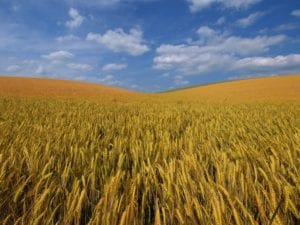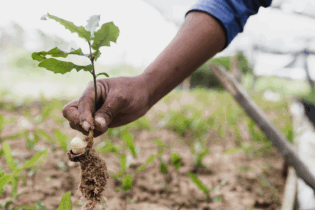What do a brewery and an international conservation organisation have in common? In this instance it’s the need to encourage and support sustainable development of course.
The Better Barley Better Beer programme was recently launched by South African Breweries (SAB) and the World Wildlife Fund for Nature of South Africa (WWF-SA). The programme encourages and supports sustainable farming practices amongst South Africa’s barley farmers focusing on water reduction, improved carbon footprints, soil health and clearing of alien vegetation, as well as the protection and restoration of ecosystems.The pilot phase
Better Barley Better Beer is in its pilot phase in the dryland area of the Southern Cape and in the irrigated barley areas in the Northern Cape, and will run for approximately 2 years. The programme involves a total of 26 Barley Producers – 15 in the dryland area and 11 in irrigation, who have either voluntarily opted to participate or hold important conservation assets on their properties. These assets include endangered veld, important water catchment areas and critical species. Farmers with critical conservation assets will be supported in engaging on biodiversity stewardship to protect and restore ecosystems. The stewardship concept is a new way of achieving conservation protection by creating positive, proactive partnerships with private landowners and conservation bodies such as WWF-SA.“The WWF-SA’s interest in Better Barley Better Beer is to support farmers as key custodians of our South African natural resource base, with advisory extension support to adopt best practice that ensures farming maintains, protects and restores key natural systems,” says Inge Kotze, WWF Senior Manager: Sustainable Agriculture







